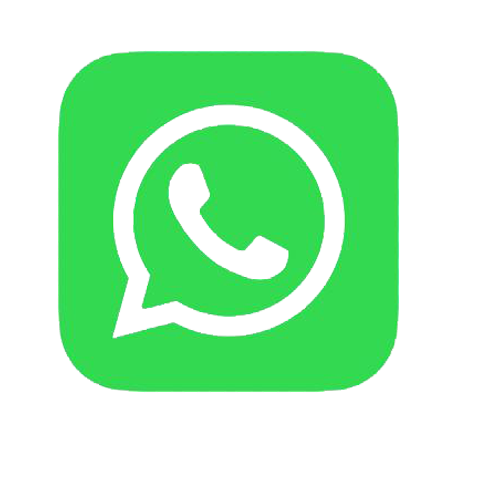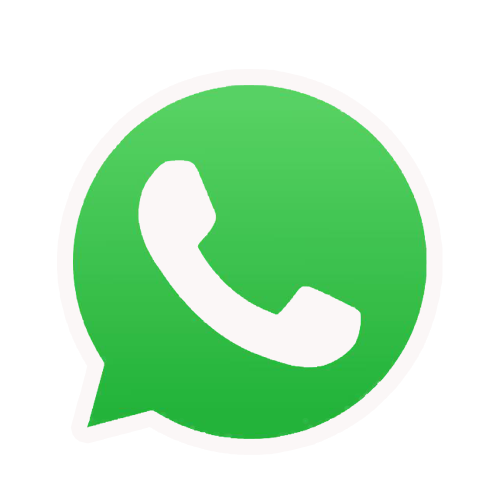
The WhatsApp logo is a simple yet highly recognizable design that reflects the app’s core purpose as a communication tool. Here’s an overview of its origin, design elements, and significance:



Origin and Timeframe:
WhatsApp was founded in 2009 by Brian Acton and Jan Koum. The logo was designed to represent the app’s focus on messaging and communication.
Design Elements:
Color: The logo primarily uses green and white. Green signifies vitality, approachability, and communication, while white conveys simplicity and clarity.
Speech Bubble: The logo is shaped like a speech bubble, symbolizing conversation and messaging.
Phone Icon: Inside the speech bubble, there is a telephone receiver icon, highlighting the app’s capabilities for voice calls and connectivity.
Significance:
The logo’s simplicity ensures it is easily recognizable and memorable, aligning with modern design trends that emphasize user-friendliness and accessibility.
It effectively conveys WhatsApp’s primary function as a tool for instant messaging and voice communication.
Overall, the WhatsApp logo successfully encapsulates the brand’s identity and purpose, making it a standout symbol in the world of communication apps.
WhatsApp 的图标是一个简单而高度可识别的设计,反映了其作为通讯工具的核心目的。以下是其来历、设计元素和意义的概述:
来历和时间:
WhatsApp 由 Brian Acton 和 Jan Koum 于 2009 年创立。图标设计旨在体现应用的消息和交流功能。
设计元素:
颜色:图标主要使用绿色和白色。绿色象征活力、亲和力和沟通,白色则传达简洁和清晰。
对话气泡:图标形状像一个对话气泡,象征对话和消息传递。
电话图标:气泡内有一个电话听筒图标,突出应用的语音通话和连接功能。
意义:
图标的简洁性确保其易于识别和记忆,符合现代设计趋势,强调用户友好性和可访问性。它有效传达了 WhatsApp 作为即时消息和语音通信工具的主要功能。总体而言,WhatsApp 的图标成功地体现了品牌的身份和目的,使其在通讯应用中成为一个突出的标志。


